Best movies like How Holocaust came to Television
A unique, carefully handpicked, selection of the best movies like How Holocaust came to Television Starring Nadja Schulz-Berlinghoff, Rosemary Harris, Blanche Baker, Michael Moriarty, and more. If you liked How Holocaust came to Television then you may also like: West of Memphis, Night Will Fall, Rosenstrasse, Jakob the Liar, Anne Frank Remembered and many more popular movies featured on this list. You can further filter the list even more or get a random selection from the list of similar movies, to make your selection even easier.
At the beginning of 1979, after more than 30 years of collective repression, a dramatized and emotional US television miniseries ensured that the German population was suddenly reminded of the terrible Nazi crimes against the Jews. What is now expressed with the hitherto unknown word Holocaust, hits many millions of people in the heart. The unexpected echo and the audience reactions were fierce. Even before the TV broadcast neo-Nazis blasted in vain transmitting towers in Germany to prevent this. From the creation and the shooting over the broadcast to the tremendous reactions, documentary filmmaker Alice Agneskirchner tells the story of this emotional television event, which led to a paradigm shift in the perception of German Nazi crimes.
You may filter the list of movies on this page for a more refined, personalized selection of movies.
Still not sure what to watch click the recommend buttun below to get a movie recommendation selected from all the movies on this list
Night Will Fall
When Allied forces liberated the Nazi concentration camps in 1944-45, their terrible discoveries were recorded by army and newsreel cameramen, revealing for the first time the full horror of what had happened. Making use of British, Soviet and American footage, the Ministry of Information’s Sidney Bernstein (later founder of Granada Television) aimed to create a documentary that would provide lasting, undeniable evidence of the Nazis’ unspeakable crimes. He commissioned a wealth of British talent, including editor Stewart McAllister, writer and future cabinet minister Richard Crossman – and, as treatment advisor, his friend Alfred Hitchcock. Yet, despite initial support from the British and US Governments, the film was shelved, and only now, 70 years on, has it been restored and completed by Imperial War Museums under its original title "German Concentration Camps Factual Survey".
Rosenstrasse
When Ruth's husband dies in New York, in 2000, she imposes strict Jewish mourning, which puzzles her children. A stranger comes to the house - Ruth's cousin - with a picture of Ruth, age 8, in Berlin, with a woman the cousin says helped Ruth escape. Hannah, Ruth's daughter engaged to a gentile, goes to Berlin to find the woman, Lena Fisher, now 90. Posing as a journalist investigating intermarriage, Hannah interviews Lena who tells the story of a week in 1943 when the Jewish husbands of Aryan women were detained in a building on Rosenstrasse. The women gather daily for word of their husbands. The film goes back and forth to tell Ruth and Lena's story. How will it affect Hannah?
Jakob the Liar
In 1944 Poland, a Jewish shop keeper named Jakob is summoned to ghetto headquarters after being caught out after curfew. While waiting for the German Kommondant, Jakob overhears a German radio broadcast about Russian troop movements. Returned to the ghetto, the shopkeeper shares his information with a friend and then rumors fly that there is a secret radio within the ghetto.
Anne Frank Remembered
Using previously unreleased archival material in addition to contemporary interviews, this academy award-winning documentary tells the story of the Frank family and presents the first fully-rounded portrait of their brash and free-spirited daughter Anne, perhaps the world's most famous victim of the Holocaust. Written by Dawn M. Barclift
Babiy Yar
Autumn 1941. The Russian army flees Kiev, chaos reigns, soldiers attempt to trade their uniforms for civilian clothes in order to escape unnoticed. The war and pending capture of Kiev by the Germans is the only topic of discussion. Everyone has heard of the horrible things that have happened in other areas, where Jews were brutally and inhumanely murdered. Indecision and despair spread like wildfire among the population. As the German army marches in, fear and horror take over.
Conspiracy
The historical recreation of the 1942 Wannsee Conference, in which Nazi and SS leaders gathered in a Berlin suburb to discuss the "Final Solution to the Jewish Question". Led by SS-General Reinhard Heydrich, this group of high ranking German officials came to the historic and far reaching decision that the Jews of Europe were to be exterminated in what would come to be known as the Holocaust.
The Diary of Anne Frank
The story of a 13-year-old Jewish girl and her family who are forced into hiding by the Nazis during World War II.
The Flat
The flat on the third floor of a Bauhaus building in Tel Aviv was where my grandparents lived since they immigrated to Palestine in the 1930s. Were it not for the view from the windows, one might have thought that the flat was in Berlin. When my grandmother passed away at the age of 98 we were called to the flat to clear out what was left. Objects, pictures, letters and documents awaited us, revealing traces of a troubled and unknown past. The film begins with the emptying out of a flat and develops into a riveting adventure, involving unexpected national interests, a friendship that crosses enemy lines, and deeply repressed family emotions. And even reveals some secrets that should have probably remained untold...
Into the Arms of Strangers: Stories of the Kindertransport
In the nine months prior to World War II, 10.000 innocent children left behind their families, their homes, their childhood, and took the journey... to Britain to escape the Nazi Holocaust.
Paragraph 175
During the Nazi regime, there was widespread persecution of homosexual men, which started in 1871 with the Paragraph 175 of the German Penal Code. Thousands were murdered in concentration camps. This powerful and disturbing documentary, narrated by Rupert Everett, presents for the first time the largely untold testimonies of some of those who survived.
Theresienstadt
Nazi propaganda film about the "Theresienstadt ghetto". The film was supposed to show the world that Jews didn't suffer in concentration camps. Upon completion, most Jews shown in the film (including director Kurt Gerron) were brought to Auschwitz, where they were killed.
David
Although members of the Hitler Youth chant anti-Semitic paroles in front of his house during the Purim festival, Rabbi Singer is still profoundly convinced that Germany will stay a safe country for him, his family, and his fellow believers. But several years later, his son David is banned from going to school because he is a Jew. Shortly after, Rabbi Singer and his wife are deported. Now, young David also fears for his life. In constant fear of being detected, he tries to find a way to leave Germany.
2 or 3 Things I Know About Him
What would your family reminiscences about dad sound like if he had been an early supporter of Hitler’s, a leader of the notorious SA and the Third Reich’s minister in charge of Slovakia, including its Final Solution? Executed as a war criminal in 1947, Hanns Ludin left behind a grieving widow and six young children, the youngest of whom became a filmmaker. It's a fascinating, maddening, sometimes even humorous look at what the director calls "a typical German story." (Film Forum)
Winter Journey
Tucson, Arizona, September 1996. At the request of his son Martin, George Goldsmith tells him of his past in Nazi Germany as a member of a family of Jewish musicians and the strange history of the Jüdischer Kulturbund, a Jewish organization sponsored by Reichsminister Joseph Goebbels.
The Hiding Place
The Hiding Place is an account of a Dutch family who risk their lives by offering a safe haven for Jews during World War II
Kike Like Me
Documentary in which filmmaker Jamie Kastner goes on a personal journey to find out what it means to be Jewish in the modern world. Along the way he meets anti-semitic politician Pat Buchanan, Israeli novelist AB Yehoshua, British anti-Israeli curmudgeon Richard Ingrams and Hasids in Brooklyn; he causes a near-riot in a Parisian suburb simply by asking what people think about Jews; and he meets the 'dominatrix' behind Berlin's largest memorial to dead Jews. (Storyville)
November Moon
"November Moon" is a timeless and compelling love story set against the backdrop of Nazi-occupied France. On the brink of war and in the face of escalating anti-Jewish activity, November has fled her native Germany for the relative safety of Paris. There, she meets and falls in love with Ferial, a fiercely patriotic young French woman. Amid a series of life-changing wartime events, they are challenged by their extraordinary circumstances to realize their truest selves and to live - or die - by those choices.
The Courageous Heart of Irena Sendler
Irena Sendler is a Catholic social worker who has sympathized with the Jews since her childhood, when her physician father died of typhus contracted while treating poor Jewish patients. When she initially proposes saving Jewish children from the Warsaw Ghetto, her idea is met with skepticism by fellow workers, her parish priest, and even her own mother Janina.
The White Rose
During the Second World War, a small group of students at Munich University begin to question the decisions and sanity of Germany's Nazi government. The students form a resistance cell which they name the "White Rose" after a newsletter that is secretly distributed to the student body. At first small in numbers and fearful of discovery, the White Rose begins to gain massive support after a Nazi Gauleiter nearly incites a student riot after a provokative speech. At this point, the matter is taken over by the German Gestapo, who pledge to hunt down and destroy the members of the White Rose.
The Good Nazi
By tracking scientists and Holocaust survivors in Lithuania, The Good Nazi tells the story of a Schindler-type Nazi officer who turned his back on his dark ideology and risked his life to save hundreds of Jews.
The Murder of Jill Dando
In April 1999, one of Britain’s most celebrated and loved television presenters and newsreaders, Jill Dando, known for her work on the Six O'Clock News, Crimewatch and Holiday, was shot and killed on the doorstep of her home in the middle of the day. It was a crime that reverberated across the country, from the millions of television viewers used to seeing Jill in their living rooms, all the way up to the heart of government - even the Queen commented on Jill’s death. Now, ahead of the 20th anniversary of her murder, this film tells the full story behind one of Britain’s most high-profile unsolved killings, as told by the people at the heart of the case.
Ordinary Men: The "Forgotten Holocaust"
The Nuremberg Einsatzgruppen trial of 1947/1948 is considered the largest murder trial in history against members of four death squads from the security police and SD (the security service of the SS). During World War II, six million Jews were murdered. Four million died in the extermination camps, but two million people were killed in systematic mass shootings. The perpetrators came face to face with their victims. They shot at men, women, children - day after day, obediently and assiduously, as if it were normal work. Tens of thousands of Germans belonged to the mobile commandos of the task forces and police battalions. Who were these men, how could they commit such murders? What did the few survivors tell, how were they able to escape the mass extinction and live on with the horrific experience? Based on written traditions, original documents, film footage and photos as well as expert statements, the documentary traces the path of one of these murder battalions.
Filmmakers for the Prosecution
In 1945, two young American soldiers, brothers Budd and Stuart Schulberg, are commissioned to collect filmed and recorded evidence of the horrors committed by the infamous Third Reich in order to prove Nazi war crimes during the Nuremberg trials (1945-46). The story of the making of Nuremberg: Its Lesson for Today, a paramount historic documentary, released in 1948.
Peter Eisenman: Building Germany's Holocaust Memorial
This documentary explores the creation of the Holocaust Memorial in Berlin as designed by architect Peter Eisenman. Reaction of the German public to the completed memorial is also shown.
Poland 1939: When German Soldiers Became War Criminals
September 1st, 1939. Nazi Germany invades Poland. The campaign is fast, cruel and ruthless. In these circumstances, how is it that ordinary German soldiers suddenly became vicious killers, terrorizing the local population? Did everyone turn into something worse than wild animals? The true story of the first World War II offensive that marks in the history of infamy the beginning of a carnage and a historical tragedy.
Worse Than War
Six decades after the Nazis systematically exterminated millions of Jews, Holocaust scholar Daniel Goldhagen returns to Europe to examine the roots of genocide and the reasons behind its continuing occurrence. Along the way, he gathers stories from survivors, eyewitnesses, participants and political figures who shed light on genocide's disastrous effects and offer insights for preventing its repetition.
The Secret Diary of the Holocaust
The Secret Diary Of The Holocaust tells the extraordinary tale of a 14-year-old Polish girl, Rutka Laskier, who was murdered at Auschwitz in 1943. In 2005, the school notebook in which Rutka recorded her last months in the ghetto of Bedzin was made public, six decades after she hid it under the floorboards of her home there. Rutka was immediately dubbed the 'Polish Anne Frank'. In her diary, Rutka wrote about her life in the ghetto in 1943, detailing not just the Nazi atrocities, physical hardship and hunger, but also how she was developing as a young woman. She also tells how she made a daring escape from one of the early 'aktions', Nazi round-ups of Jews for transportation. The documentary will unravel Rutka's story through the eyes of her half-sister, Israeli academic Zahava Scherz, on a journey to Poland in search of the sister she never knew.
Lost Continent of the Pacific
Legends of lost continents and civilizations have captivated people throughout time. Philosophers and astronomers like Aristotle and Ptolemy believed that an unknown continent existed in the Southern hemisphere. In the Age of Discovery, renowned explorers like Magellan and Cook searched the Pacific Ocean in vain for a mysterious land they called "Terra Incognita." To this day, ancestral legends throughout Polynesia speak of a lost homeland and a great civilization that disappeared into the sea. Modern science disputes the existence of unknown continents and often dismisses creation myths. But on Rapa Nui, or Easter Island, elders fiercely believe they originate from a continent that sank following a catastrophic upheaval.
The Deaf Holocaust: Deaf People and Nazi Germany
As part of the season of programmes commemorating the 60th anniversary of the Holocaust and the liberation of Auschwitz, Clive Mason visits the killing centre of Hadamar to investigate the development and impact of the Nazi policy of enforced sterilisation and the murder of deaf and disabled people, which took place in Germany between 1933 and 1945. Members of the German deaf community, who are still living with the legacy of this brutal Nazi policy, tell their moving stories for the first time on television. From the UK, in English narration & Sign language.
Plan A
Germany 1945, Max, a Jewish Holocaust survivor, meets a radical group of Jewish resistance fighters, who, like him, lost all hope for their future after they were robbed of their existence and their entire families were killed by the Nazis. They dream of retaliation on an epic scale for the Jewish people. An eye for an eye, a tooth for a tooth. Max starts identifying with the group's monstrous plans...
The Conference
On January 20, 1942, the Wannsee Conference takes place in Berlin, a meeting that had only one item on the agenda: The Final Solution, the organization of the systematic mass murder of eleven million European Jews.
The Prince and the Dybbuk
A cinematic journey on the trail of a mysterious filmmaker. Prince Michal Waszynski, Poland's top pre-war, director who later became an influential figure in the broader European film scene. He produced big Hollywood cinema hits with Sophia Loren and Claudia Cardinale, but his most spectacular creation was his own life. Prince Michal was an extraordinary human chameleon who, with the help of the magical invention of cinema, continually changed his identity.

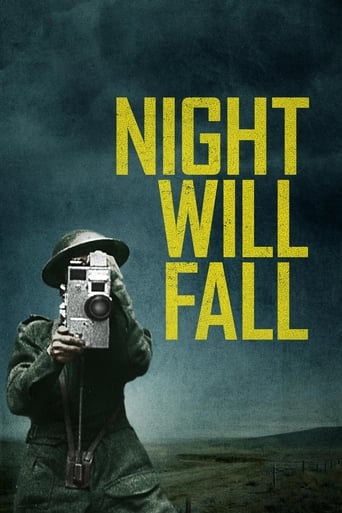

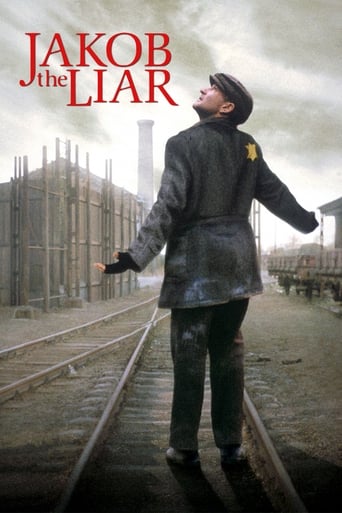
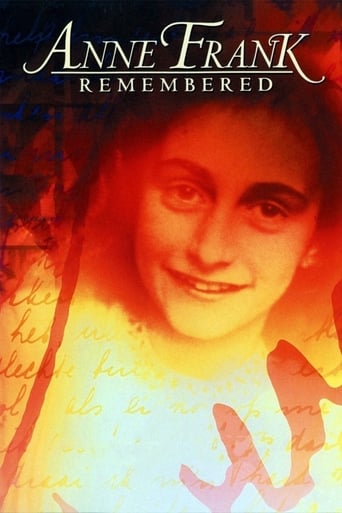

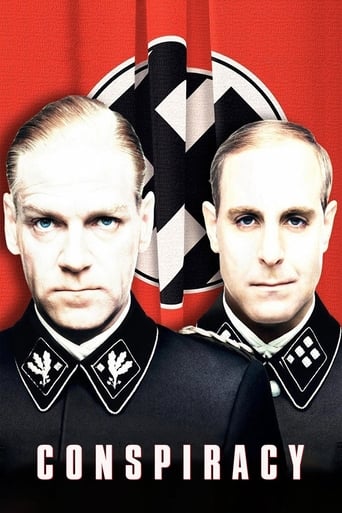








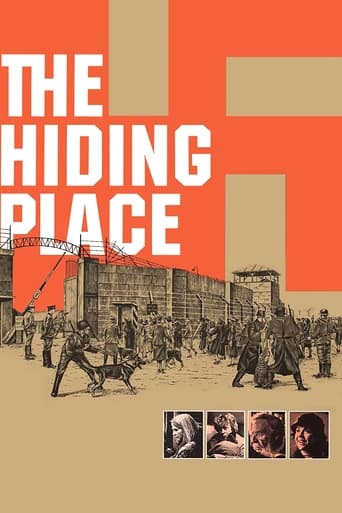
















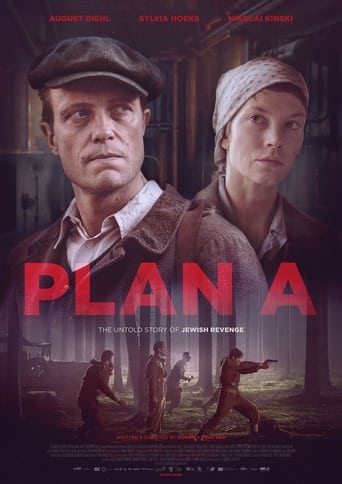


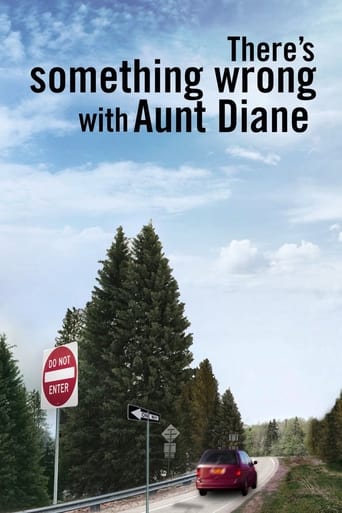
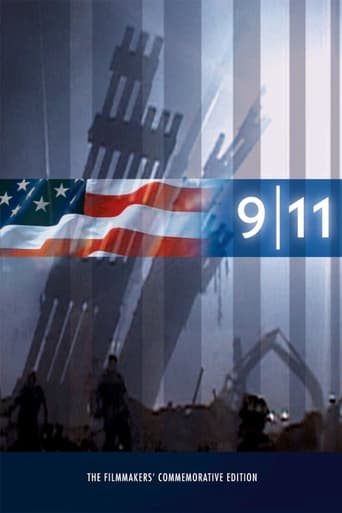

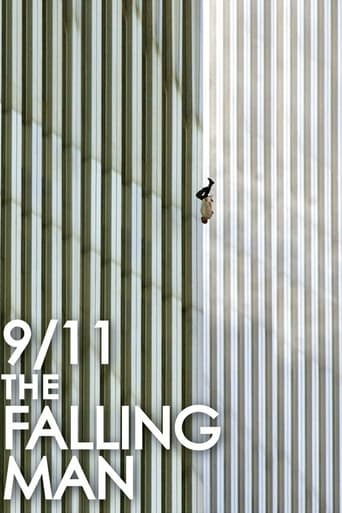
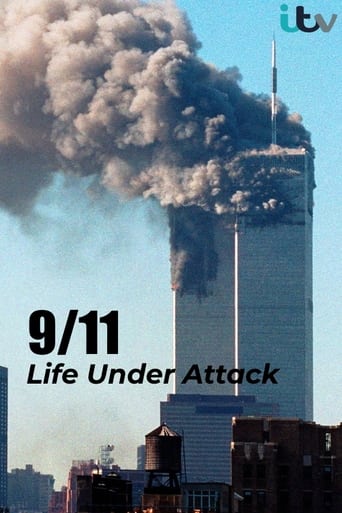
West of Memphis
The documentary tells the hitherto unknown story behind an extraordinary and desperate fight to bring the truth to light. Told and made by those who lived it, the filmmakers' unprecedented access to the inner workings of the defense, allows the film to show the investigation, research and appeals process in a way that has never been seen before; revealing shocking and disturbing new information about a case that still haunts the Unitedstatian South.